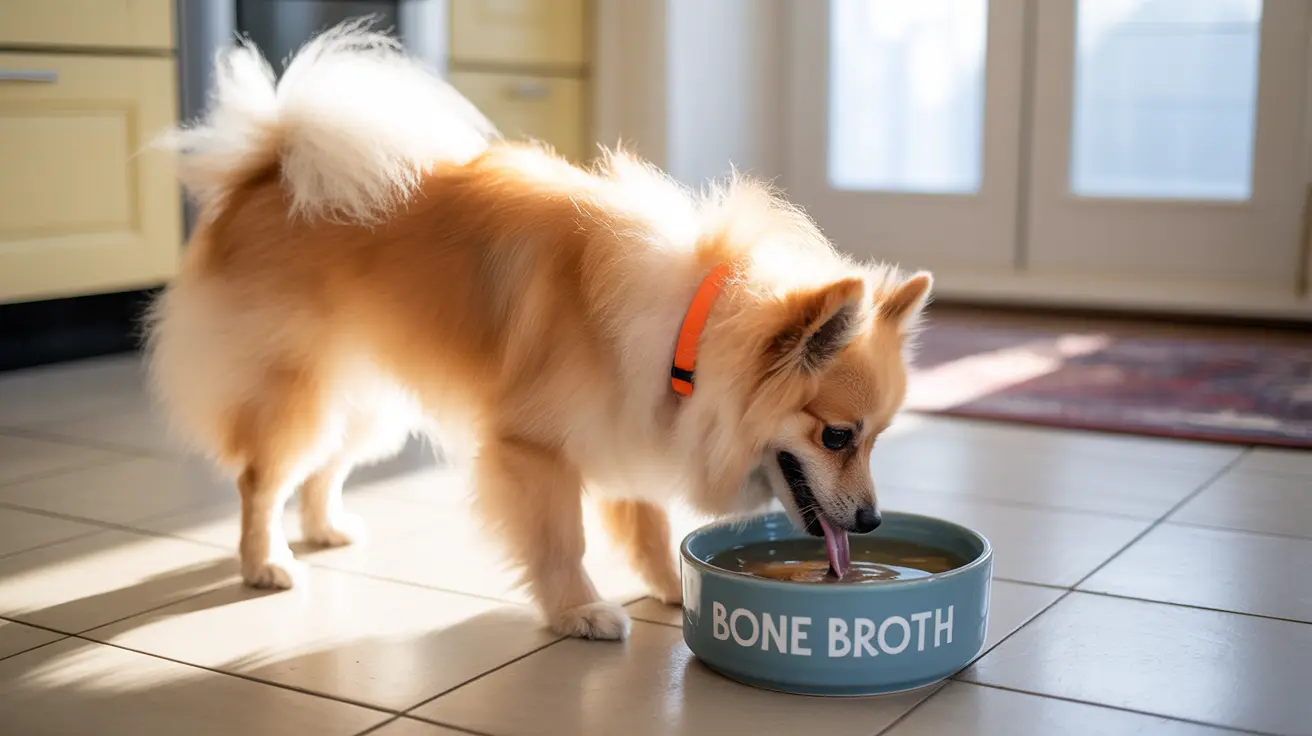When your furry friend isn't feeling well, knowing what to give a dog with an upset stomach can make all the difference in their recovery. Digestive issues in dogs are common, but with the right approach, you can help your pet feel better quickly and safely. This comprehensive guide will walk you through effective remedies, dietary adjustments, and warning signs that require veterinary attention.
Understanding Dog Stomach Upset
Before treating your dog's upset stomach, it's important to recognize that digestive issues can stem from various causes, including dietary indiscretion, sudden food changes, infections, or stress. The right treatment approach depends on identifying the underlying cause and severity of symptoms.
Safe Home Remedies for Dogs with Upset Stomach
Dietary Modifications
The first step in treating your dog's upset stomach is often dietary management:
- Implement a 12-24 hour fast (adult dogs only)
- Offer small amounts of water frequently
- Introduce a bland diet of boiled chicken and white rice
- Add plain canned pumpkin (1-4 tablespoons based on size)
- Consider plain, probiotic-rich yogurt
Hydration Support
Maintaining proper hydration is crucial when your dog has digestive issues:
- Offer ice chips for reluctant drinkers
- Provide bone broth for nutrients and hydration
- Consider adding honey to water (1 tablespoon per cup)
When to Contact Your Veterinarian
While many cases of upset stomach can be managed at home, certain symptoms warrant immediate veterinary attention:
- Severe or persistent vomiting
- Bloody stool or vomit
- Signs of dehydration
- Lethargy or depression
- Suspected toxin ingestion
- Bloating or distended abdomen
Prevention Strategies
Preventing future episodes of stomach upset is just as important as treating current symptoms:
- Transition food changes gradually over 7-10 days
- Maintain regular feeding schedules
- Prevent access to garbage and human food
- Keep up with parasite prevention
- Manage stress levels
- Provide regular exercise
Frequently Asked Questions
What are the most common causes of an upset stomach in dogs?
The most common causes include dietary indiscretion (eating inappropriate items), sudden food changes, bacterial or viral infections, parasites, and stress. Some dogs may also develop stomach upset from specific food sensitivities or underlying health conditions.
How can I help my dog with an upset stomach at home, and what foods are safe to give?
Safe home remedies include fasting for 12-24 hours (adult dogs only), offering small amounts of water frequently, and introducing a bland diet of boiled chicken and rice. Plain canned pumpkin, bone broth, and probiotic-rich plain yogurt can also help soothe digestive issues.
What are the signs that my dog's stomach upset requires immediate veterinary attention?
Seek immediate veterinary care if you notice severe or persistent vomiting, bloody stool or vomit, signs of dehydration, significant lethargy, suspected toxin ingestion, or a bloated/distended abdomen. These symptoms may indicate serious conditions requiring professional treatment.
How do I prevent my dog from getting an upset stomach, and what prevention strategies are most effective?
Effective prevention strategies include gradual food transitions, maintaining regular feeding schedules, preventing access to garbage or human food, keeping up with parasite prevention, and managing stress levels. Regular exercise and veterinary check-ups also play important roles in prevention.
What are the best natural remedies for a dog's upset stomach, and how do they work?
Natural remedies include plain canned pumpkin (fiber for digestion), bone broth (hydration and nutrients), plain yogurt (probiotics), and fasting (allows the digestive system to rest). These remedies work by supporting natural digestive processes and providing gentle nutrition during recovery.
Conclusion
When dealing with a dog's upset stomach, the key is to respond appropriately based on symptom severity while taking steps to prevent future occurrences. While many cases can be managed at home with proper care and dietary adjustments, never hesitate to consult your veterinarian if symptoms worsen or persist beyond 48 hours. With the right approach, most dogs recover quickly and return to their happy, healthy selves.






